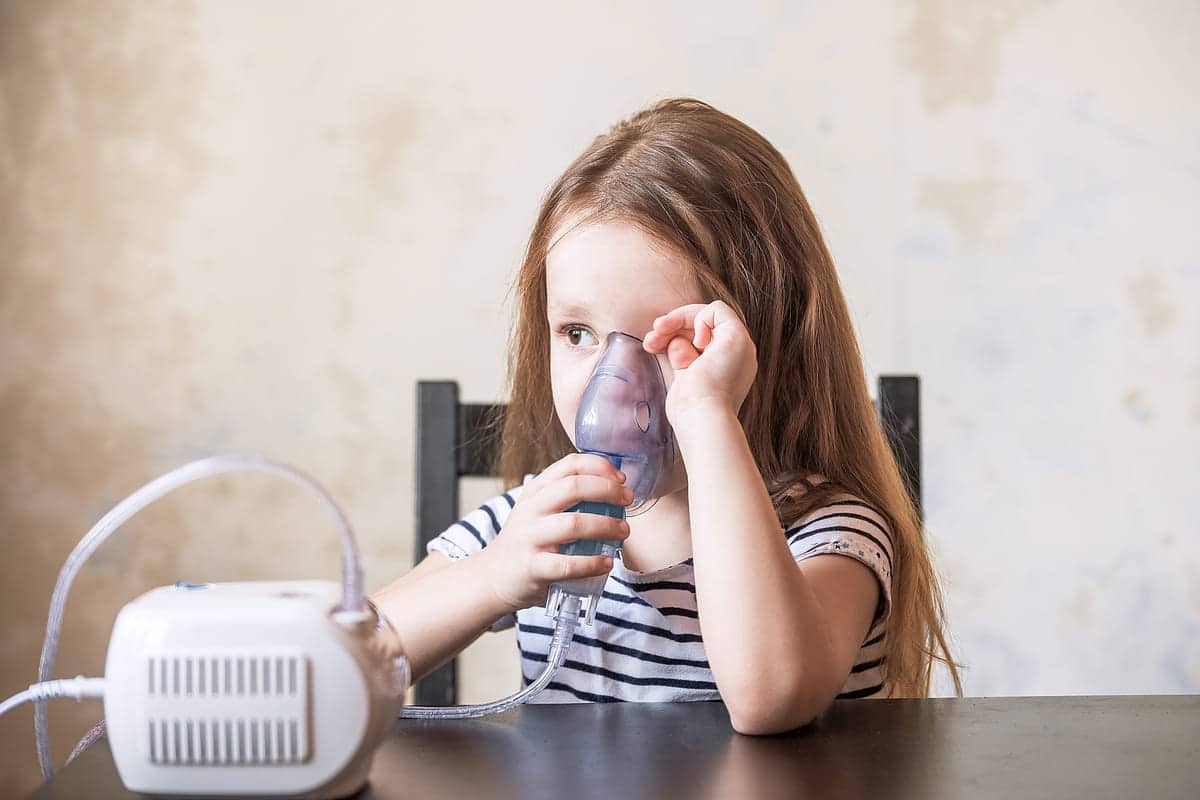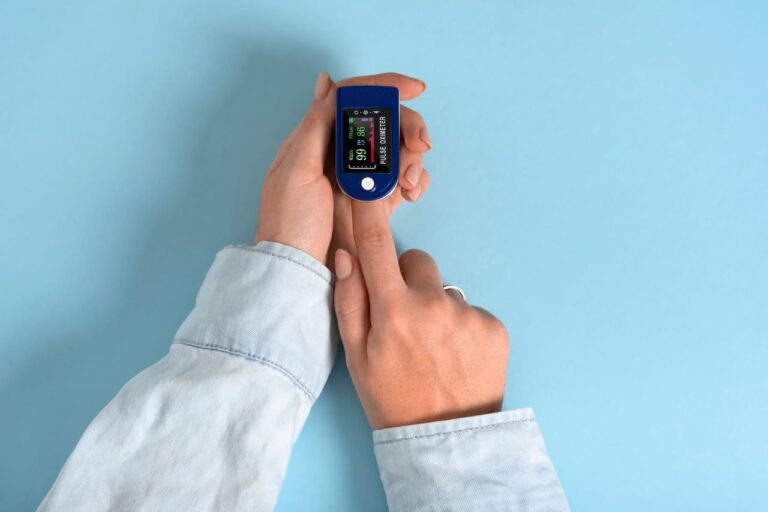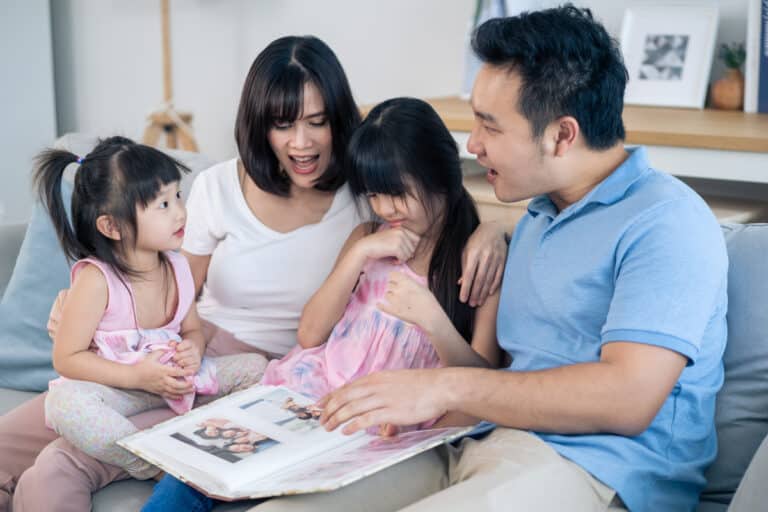Nebulizers are essential for delivering medication directly to the lungs, making them crucial in treating respiratory conditions like asthma and COPD. A nebulizer is a device that converts liquid medication into a fine mist that can be inhaled directly into the lungs, allowing for maximum effectiveness in treating respiratory conditions. In this article, we will discuss what a nebulizer is, how it functions, and the common uses of this medical device.
Types of Nebulizers
Nebulizers are medical devices used to administer medication as a mist inhaled into the lungs. There are three main types of nebulizers:
- Jet Nebulizers: Also known as atomizer or compressor nebulizers, jet nebulizers are the most common type. They use compressed air to convert liquid medication into a fine mist or aerosol. The mist is then inhaled through a mouthpiece or mask.
- Mesh Nebulizers: These nebulizers use a vibrating membrane or mesh plate to create a fine mist of medication. They are very efficient and can produce a more consistent particle size than jet nebulizers, making them a good choice for delivering certain types of medication.
- Ultrasonic Nebulizers: Ultrasonic nebulizers use high-frequency sound waves to create a mist from the medication. They can deliver medication quickly and efficiently, making them a good choice for patients who need frequent treatments.
How Does a Nebulizer Work?
Nebulizers use oxygen, compressed air, or ultrasonic power to break up medical solutions and suspensions into small droplets that can be inhaled. The device consists of a mouthpiece or mask, tubing, and a small container to hold the liquid medication. Here’s a step-by-step explanation of how a nebulizer works1
Step 1: Preparation of the Medication: The first step is to prepare the medication. This usually involves mixing the prescribed medication with saline (salt water) in the nebulizer cup. Your healthcare provider will determine the exact proportions of medication and saline.
Step 2: Connecting the Components: Once the medication is prepared, the nebulizer cup is attached to the mask or mouthpiece and then connected to the air compressor with a tube. All parts must be securely connected to prevent any leakage of medication.
Step 3: Turning on the Nebulizer: Next, the Nebulizer is turned on. The air from the compressor flows into the cup, creating a fine mist from the medication.
Step 4: Inhalation of Medication: The user places the mouthpiece in their mouth (or the mask over their nose and mouth) and breathes in the medication. Breathing slowly and deeply is important to ensure the medication reaches deep into the lungs.
Step 5: Continuation Until Completion: The user inhales the medication until the nebulizer cup is empty, generally taking about 10 to 15 minutes. The nebulizer will make a sputtering noise, and the mist will stop forming when the medication is used up.
Step 6: Cleaning After Use: After each use, cleaning the nebulizer is crucial to prevent infections. The mask, mouthpiece, and cup are typically detached and washed with warm soapy water, then left to air dry.
However, different types of nebulizers may have varying steps or components, but the basic principle remains the same – to create a fine mist for inhalation.
Common Uses of Nebulizers
Nebulizers are commonly used to deliver medication for respiratory diseases like asthma and COPD. Some common medications2 administered through a nebulizer include:
- Bronchodilators: These medications help relax and open the airways to improve breathing.
- Steroids: Inhaled steroids can reduce inflammation in the airways, helping to prevent asthma exacerbations.
- Antibiotics: Nebulized antibiotics can target the bacteria directly in the lungs for respiratory infections.
- Mucolytics: These medications help thin and loosen mucus in the airways, making coughing easier.
- Corticosteroids: Used to reduce inflammation and swelling in the airways3, these medications can help treat conditions like bronchiolitis or croup.
In addition to medical conditions, nebulizers are commonly used to administer medication in young and older adults who may have difficulty using an inhaler properly. They can also be useful for individuals with severe respiratory conditions, such as cystic fibrosis or chronic bronchitis.

How to Take Care Of Your Nebulizer?
Taking care of your nebulizer4 is essential to ensure proper functioning and prevent infections. Here are some tips for keeping your nebulizer in good condition:
- Always wash your hands before handling the nebulizer and medication.
- After each use, disassemble the nebulizer and wash all parts with warm soapy water.
- Rinse all parts thoroughly and dry them on a clean towel.
- It is important to replace the nebulizer cup and mask every 6 months or as the manufacturer recommends.
- Store your nebulizer in a clean and dry place, away from dust and moisture.
- Avoid harsh chemicals or sterilizing solutions, as they can damage the nebulizer components.
- If you notice any damage to your nebulizer, such as cracks or discoloration, replace the affected parts immediately.
- Regularly check the tubing for any signs of wear and tear and replace it if necessary.
- Keep a spare set of nebulizer parts on hand in emergencies or when traveling.
- If you have been sick, it is important to thoroughly clean and disinfect your nebulizer before storing it.
- Consult the manufacturer’s instructions for proper care and maintenance of your nebulizer model.
In addition to these tips, here are some other important things to remember when using a nebulizer:
- Make sure to use the prescribed medication as directed by your doctor. Do not mix different medications in one treatment unless specified by your doctor.
- When using a new medication for the first time, test it on a small area of skin to check for allergic reactions.
- Always use a clean nebulizer for each treatment to avoid contamination.
- Do not share your nebulizer with others.
- If you experience any side effects or worsening of symptoms after using the nebulizer, consult your doctor immediately.
Nebulizer vs. inhalers: Which one is better?
Nebulizers and inhalers5 are both devices used to deliver medication for respiratory conditions. However, there are some key differences between the two.
- Nebulizers are generally recommended for people who have difficulty using inhalers or require higher doses of medication.
- Inhalers work faster than nebulizers as they release the medication in a shorter time, making them more suitable for quick relief of symptoms.
- Nebulizers are easier for young children and older adults who may have trouble coordinating their breathing while using an inhaler.
- Inhalers are compact and portable, making them convenient for use on the go. Nebulizers, however, require a power source and take longer to administer medication.
- Nebulizers are typically more expensive than inhalers, which can add up over time as they require regular parts replacement.
Ultimately, the choice between a nebulizer and an inhaler depends on the individual’s needs and preferences. Consult with your doctor to determine which device is most suitable for you.
Key Takeaways!
In summary, nebulizers are essential for individuals suffering from respiratory conditions, allowing medication to be delivered directly to the lungs in an easily inhalable mist. By understanding how nebulizers work and their common uses, individuals can be better prepared to manage their respiratory conditions and experience improved overall health. Furthermore, proper care and maintenance of nebulizers is crucial to ensure their effectiveness and prevent infections.
Citations:
- 1: How does nebulizer works – https://www.medicalnewstoday.com/articles324947#_noHeaderPrefixedContent
- 2: Common uses of Nebulizer – https://www.webmd.com/asthma/home-nebulizer-therapy
- 3: Corticosteroids- https://www.nhsinform.scot/tests-and-treatments/medicines-and-medical-aids/types-of-medicine/corticosteroids#:~:text=Corticosteroids%2C%20often%20known%20as%20steroids,on%20top%20of%20the%20kidneys
- 4: How to take care of nebulizer- https://medlineplus.gov/ency/patientinstructions/000006.htm#:~:text=Most%20nebulizers%20work%20by%20using,that%20float%20in%20the%20air
- 5: Nebulizer vs Inhalers- https://medlineplus.gov/ency/patientinstructions/000006.htm#:~:text=Most%20nebulizers%20work%20by%20using,that%20float%20in%20the%20air











